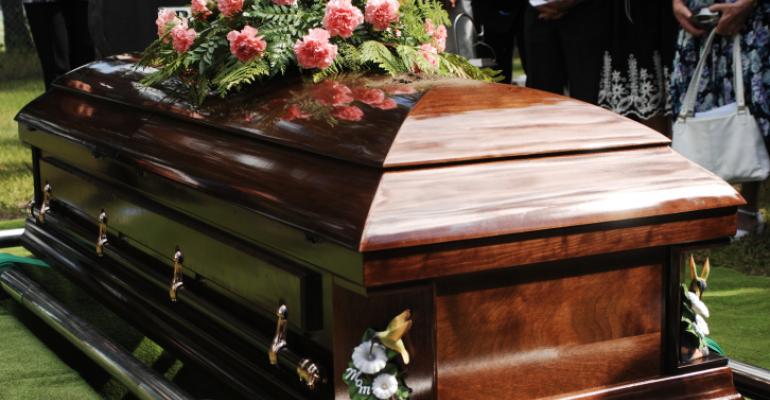The passing of a loved one is anything but a pleasant experience. It’s one of the most abysmal things you’ll experience in your life, and chances are it will happen more than once.
If the emotional weight of that isn’t enough, then factor in the financial burden that comes with death. Funeral costs add up incredibly quickly, and for those without the proper plans in place, it can be quite damaging to their finances.
Fortunately, there are ways to cut costs that are both respectful to the deceased and manageable for those they are survived by.
Insurance
Funeral plan insurance from GIO and other similar companies might seem a little morbid, but it can greatly reduce overall funeral costs. Like many insurance policies, there is quite a bit to know, especially if you’re looking to get the most out of your plan. When utilized correctly, funeral insurance proves beneficial in many ways, but not without a basic understanding of how it works.
- Funeral insurance policies pay out money to a designated beneficiary after someone passes. The money is technically supposed to be used to cover funeral costs, but the funds can be used however the beneficiary pleases.
- Funeral insurance is more expensive than standard life insurance plans, but, since no medical exam is required to purchase a policy, it is a very fruitful option for those with a death in the family.
-
Before spending money on a policy, remember that this type of insurance is intended to cover funeral costs. If you’re looking for a larger payout, one that may last for several years, a regular life insurance policy might be a better choice.
Alternatives
Funeral packages are expensive, but there are low-cost alternatives that can make a huge difference on the final total. Whether it’s choosing cremation over burial, providing your own flower arrangements, or holding the funeral service at a park or at home, cost-effective solutions are aplenty. However, when cycling through bargains, it’s important to be respectful of the deceased and not cut corners solely based on money.
- Cremation, without a doubt, is much cheaper than traditional burials, which are priced at close to $9,000 these days. Even with embalming and a viewing, cremating your loved ones saves you over $2,000.
- For those that venture down the path to cremation, providing your own urn can be a quick money saver as well. Often funeral homes markup urns and caskets by roughly two-and-a-half times retail price. Purchasing these supplies outside of the home has potential for huge savings.
-
If you’re so bold, home funerals are an option as well. These will ultimately slash funeral costs, but can be a bit grisly. Luckily there are home funeral specialists that can guide you through the process and ensure everything goes off without a hitch.
Plan
Out of the many ways to save money on funerals, planning ahead is one of the most effective. In some cases you can’t necessarily plan for when a loved one is going to pass away, but nevertheless, taking the time to make the best choices is highly recommended. It’s easy to get swept up in the moment when someone dies, but rather than letting the grief swallow you, use it to plan the best funeral that you can.
- Instead of making rash decisions at the time of death, take a moment to breathe and weight your options. There are countless plan-your-funeral type resources at your disposal, and with the right amount of reading, you can lay your loved ones to rest in a way that won’t cause financial duress.
- While you have the time, compare prices at funeral homes in your area. This will give you a better idea of what to expect from the experience as a whole, and will help you make more educated decisions.
- Use your family as a resource; discuss alternatives, exchange ideas and make a decision that is best for everyone. The deceased are the most directly affected party, but friends and family ultimately have to bear the burden of death financially and emotionally. Keep this in mind and use discourse to quell some of the stress.
At the end of the day, there isn't an easy way to deal with death. Regardless of the amount of planning, there will still be tears shed, but that doesn't mean you have to let it tear you down. It's going to hurt, but if you take the right precautions you can ease the blow a bit. You just have to be strong and mindful and willing to accept the future.





